Post
A catch
Save a catch to start your fishing logbook. You will be able to to share it with the community if yo want!
A fishing trip
Post an ad to go fishing with other fishermen
Save a catch to start your fishing logbook. You will be able to to share it with the community if yo want!
Post an ad to go fishing with other fishermen
Share a thought, a question with the community
My favorite cities
×Keep your rods ready for Laupahoehoe in Hawaii. The fishing forecast is currently 4.5. The most caught fishes here are the brill fish, the queen snapper, the scamp fih and the blue runner. Come try the most famous fishing techniques like the dive fishing, boat fishing for eel, trolling for bonito or gathering seafood by hand.
Our fishing forecast of Laupahoehoe indicates the best time to go fishing in this city.
The Brill fish
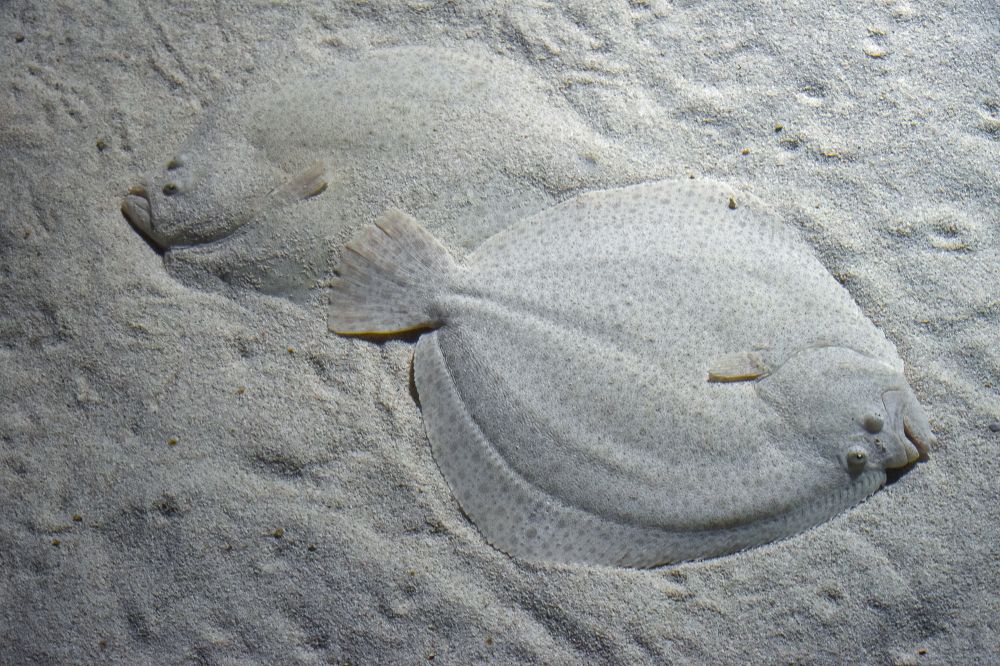
The brill fish belongs to the Scophthalmidae family. The minimum size of capture is 30 cm but can reach 75 cm for 6 kg. He can live up to 3 years. It breeds from late spring to early summer. The female can lay up to 15 million eggs. It can be fished all year. The brill has an oval body. It rests on its right side and has its left side. Thus, when placed with the head facing left, both eyes are located above the mouth. Its common name of brill comes from a particularity of its dorsal fin, whose origin is far in front of the eye and whose first rays are free and branched. The distance between the two eyes is greater than the diameter of one eye. The lateral line is very curved at the pectoral fin. As with many flatfish, the coloring is variable and depends on the biotope. The brill is indeed capable of homochromia, i.e. to match the color of the background. The coloring is rather brown, more or less speckled, and also varies according to the environment on a live fish. It has many round spots whose edges are incomplete rings of darker colors. The blind side is whitish.
The Brill fish is a famous fish you can catch in Laupahoehoe.The Queen Snapper
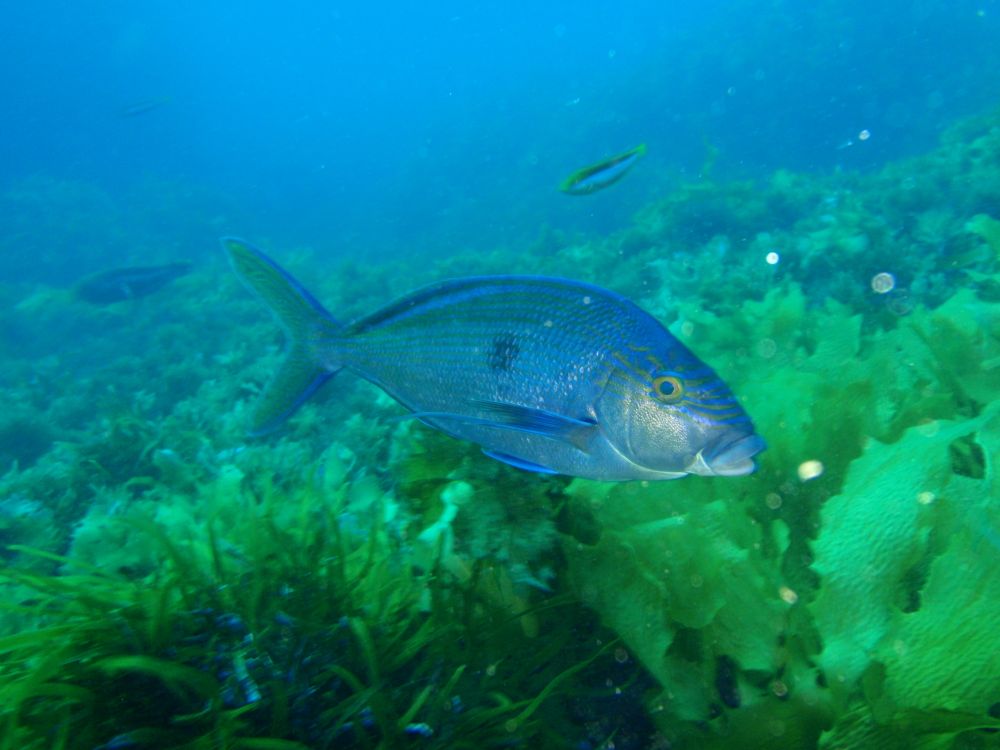
The Queen Snapper belongs to the Lutjanidae family. It can measure up to 1-meter-long, however, it is rare to cross specimens larger than 60 centimeters. In general, juveniles weight between 5kg and 6kg, which are the most frequent catches. It has a lifespan of 8 years. It reproduces throughout the year. It can be fished all year round. Identifying the queen snapper is not difficult, since even other morwongs do not look like them. Sometimes, however, they can be more silvery than blue. They have yellow lines around the head, a long filament on the pectoral fin and blubbery lips make the snapper distinctly identifiable.
The Queen Snapper is a famous fish you can catch in Laupahoehoe.The Scamp fih
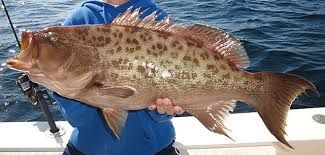
The scamp fish belongs to the Serranidae family. Its maximum size is 7.8 kg for more than 100 cm. It has a lifespan of about 48 years. It spawns from April to May. It can be fished all year round. It has a light grey or brown color, large adults have elongated caudal rays and reddish brown spots on the sides that tend to be grouped in lines. It also has yellow spots around the corners of the mouth. It is linked to the gag and other slender groupers. Naughty animals are identified by their pronounced and pronounced dorsal and anal ray extensions, a more concave head profile and by their color. Scamps have a light brown to greyish brown body covered with well defined and separated black spots, which measure about 0.31 cm.
The Scamp fih is a famous fish you can catch in Laupahoehoe.The Blue Runner
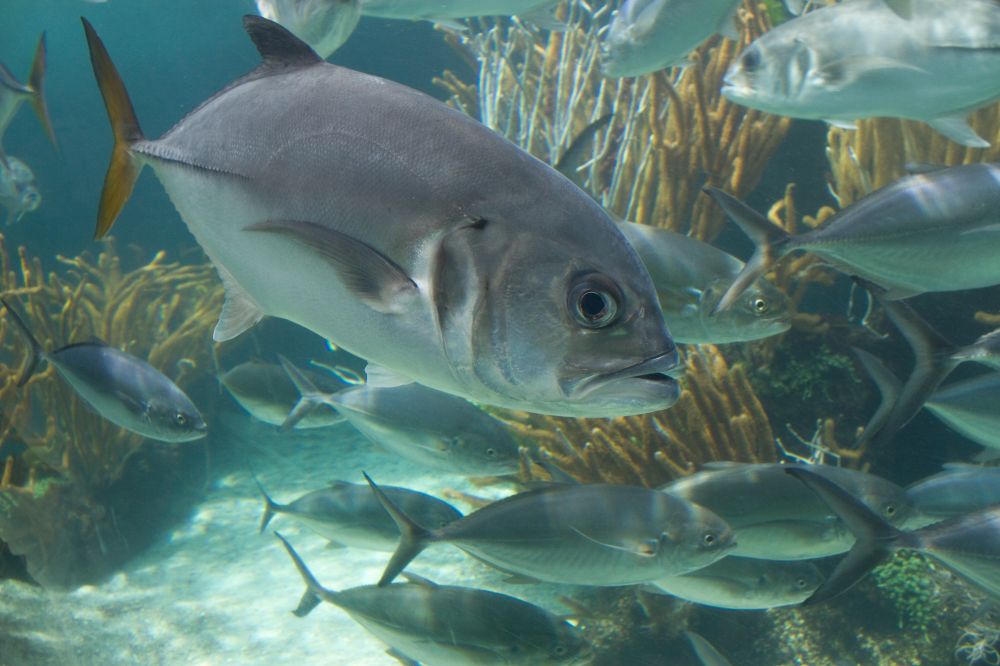
The Blue Runner belongs to the Carangidae family. The blue runner can reach a maximum length of 70 cm and a weight of 5.05 kg, but its average size is below 35 cm. The maximum lifespan recorded was 11 years. The spawning season depends on the location. They can be caught all year round. The blue runner has an elongated, moderately flattened body and a slightly pointed snout. The posterior part of the eye is covered with a moderately developed adipose eyelid, and the posterior end of the jaw is placed vertically under the center of the eye. The dorsal fin is in two parts, the first part composed of 8 spines and the second of one spine followed by 22 to 25 soft rays. The anal fin consists of 2 previously detached spines followed by a spine and 19 to 21 soft rays. Pectoral fins become sicklier with age, with 21 to 23 rays, and are slightly longer than the head. The lateral line has a pronounced but short anterior arch, the curved section intersecting the right section below the spine of the second dorsal fin. The right section contains 0 to 7 scales followed by 46 to 56 very strong scales, with bilateral hulls on the caudal peduncle. There are a total of 86 to 98 scales and scales on the entire lateral line. The color of the blue runner varies from bluish green to dorsally olive green, becoming silver grey to copper below. Juveniles often have 7 dark vertical stripes on their bodies. The color of the fins also varies, all fins ranging from darkest to darkest or from hyaline to
The Blue Runner is a famous fish you can catch in Laupahoehoe.The Swordfish
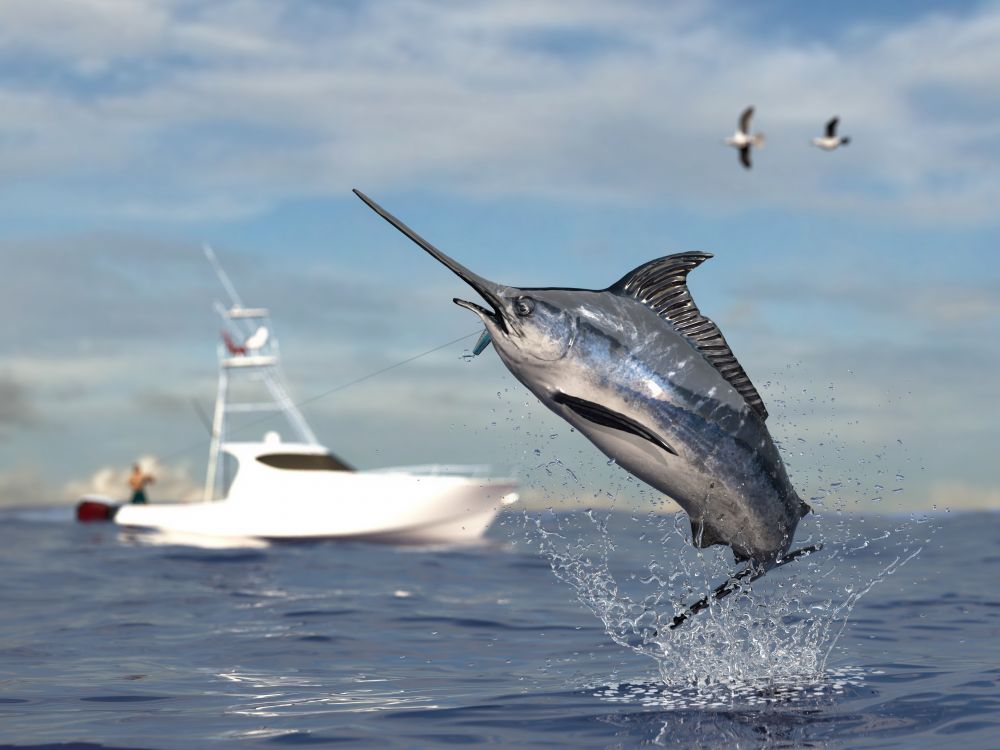
The Swordfish belongs to the Xiphiidae family. Swordfish reach a maximum size of 455 cm in total length and a maximum weight of 650 kg, although individuals caught generally measure 120 to 190 cm in length for 140 kg. Swordfish have a minimum lifespan of 9 years. They can spawn all year round. They can be caught all year round. Swordfish, are the only member of the Xiphiidae family and can be distinguished from other billfishes (family Billfish) by the shape of its extended "beak", which is in the form of a flattened oval cross-section. The bill is long compared to other sword fishes and adults lack teeth in the jaws. While the young have scales, they are lost when the fish reaches a length of about 1 m. Adults lack scales and teeth. The body is generally cylindrical. Two dorsal fins are present, although the second is quite small, separate from the first and very far back on the body. The first dorsal fin is high and rigid. Similarly, there are two anal fins, although the second is much smaller than the first. Pelvic fins are absent. The caudal fin is lunar, while the caudal peduncle has a pronounced keel on each side. The lateral line is also present in specimens up to 1 m long, but it is also missing in adulthood. Before adulthood, the morphology of swordfish changes considerably, as described below. The colour is blackish brown above, then moving to a lighter shade. The fins are brown or dark brown.
The Swordfish is a famous fish you can catch in Laupahoehoe.Our fishing forecast of Laupahoehoe indicates the best time to go fishing in this city.
Our fishing forecast of Laupahoehoe indicates the best time to go fishing in this city.
Our fishing forecast of Laupahoehoe indicates the best time to go fishing in this city.
